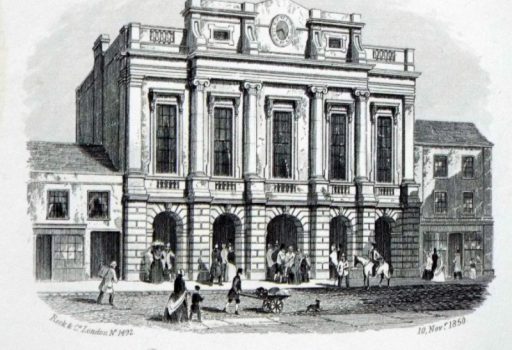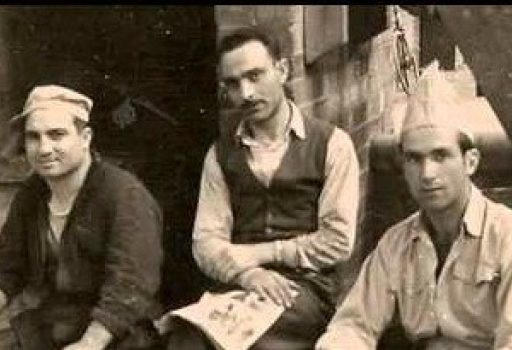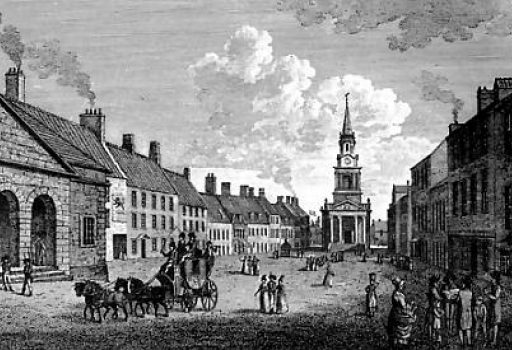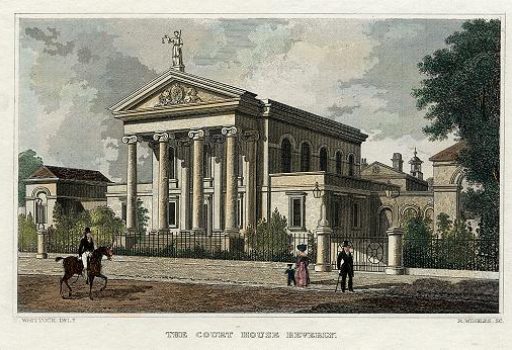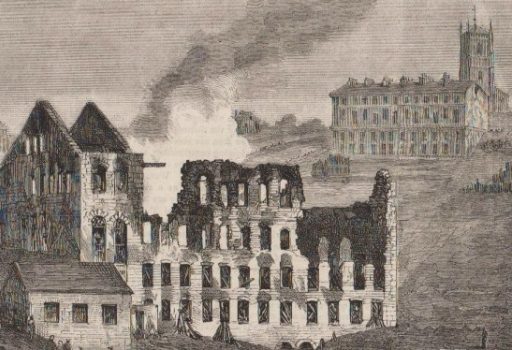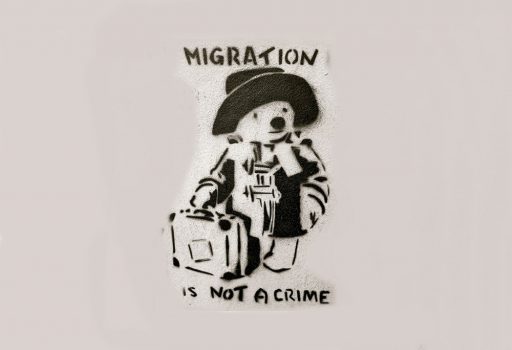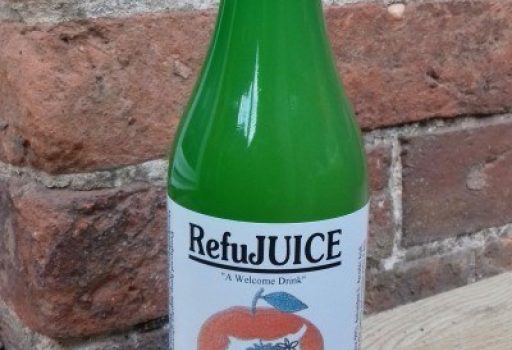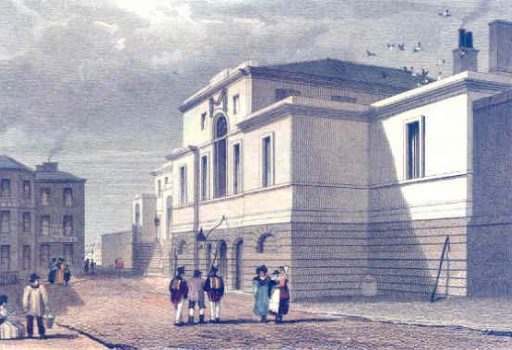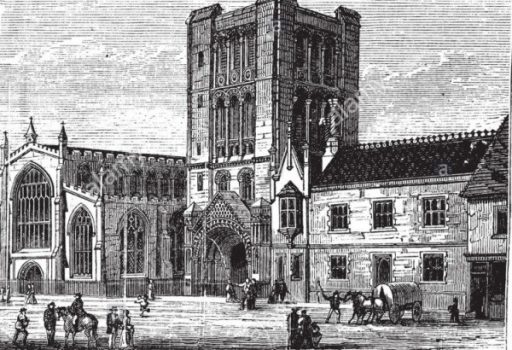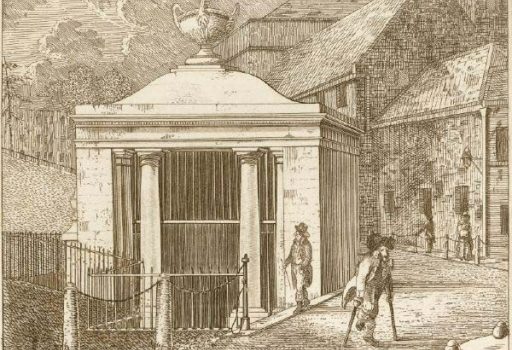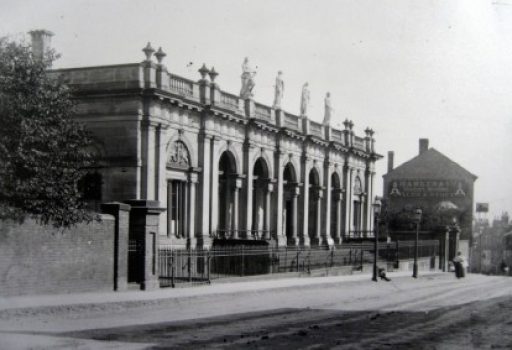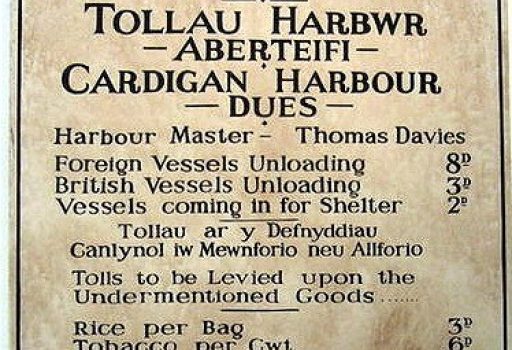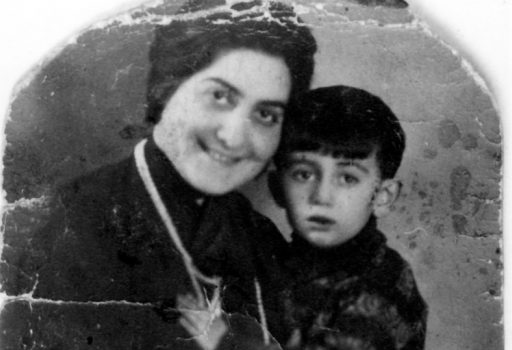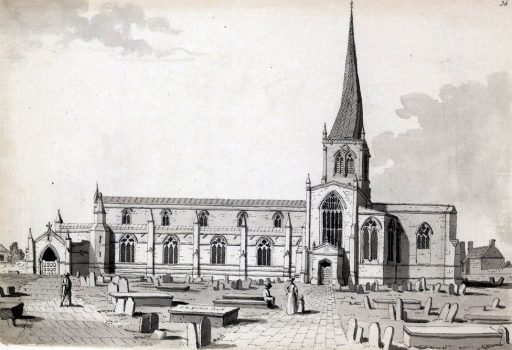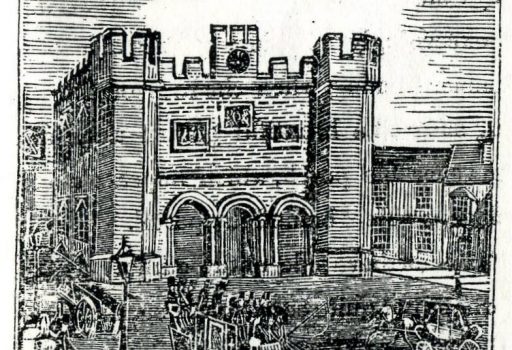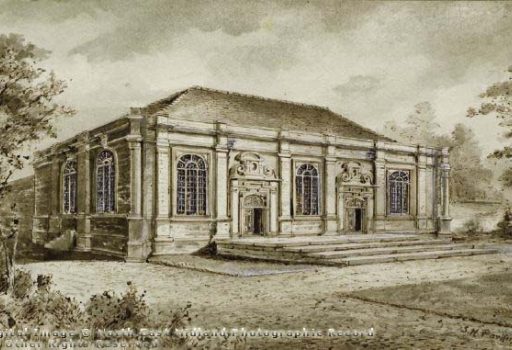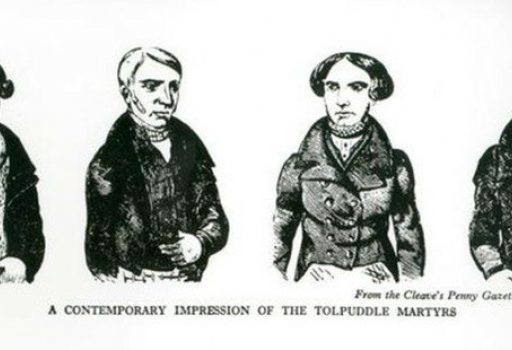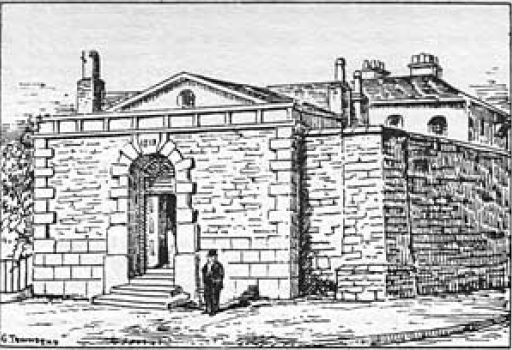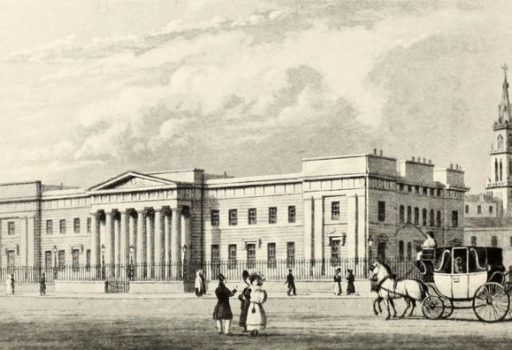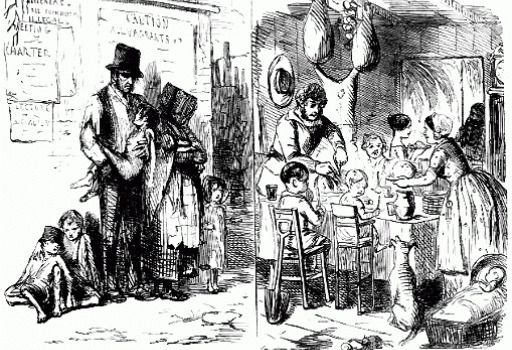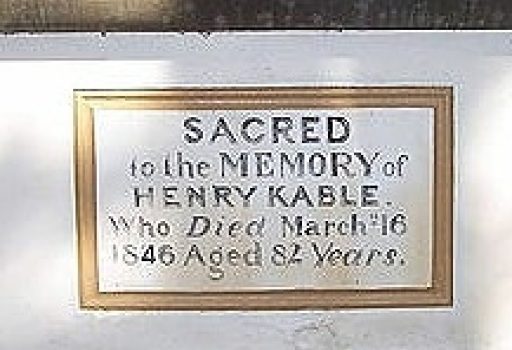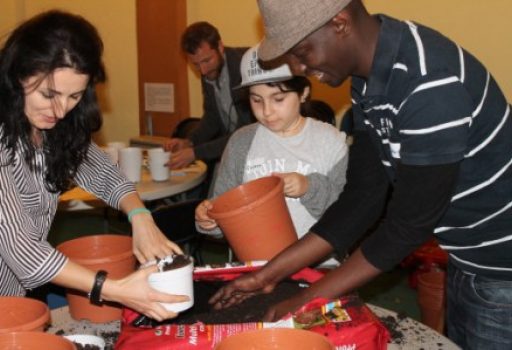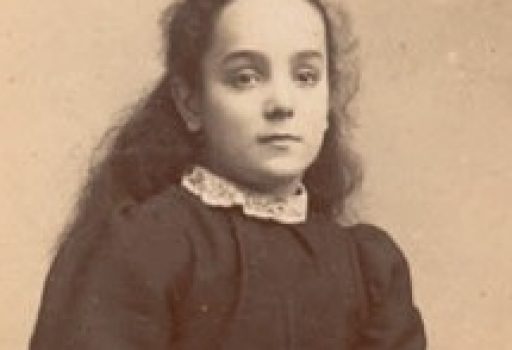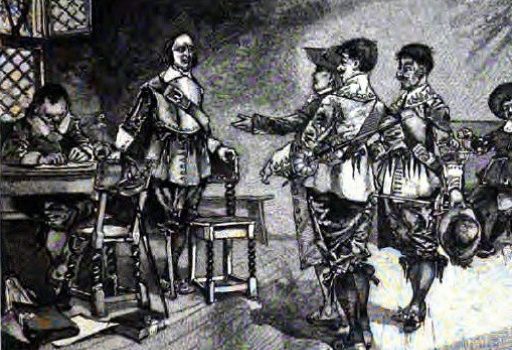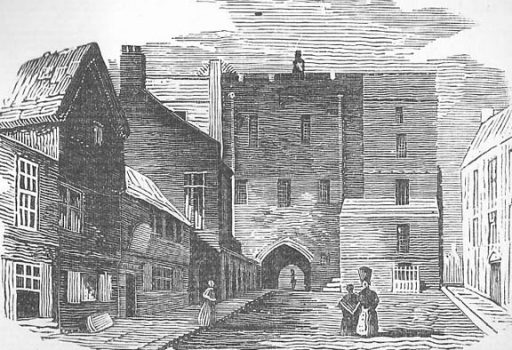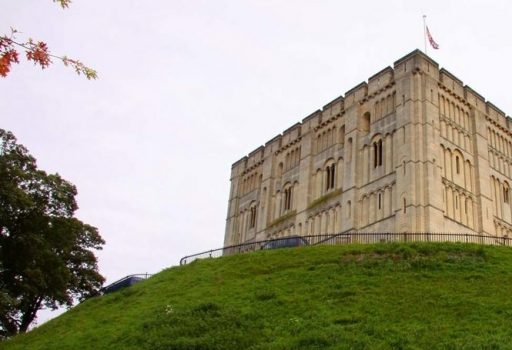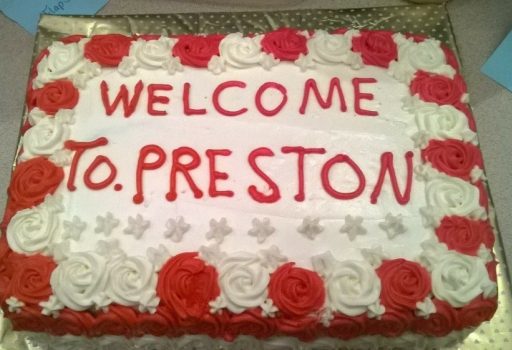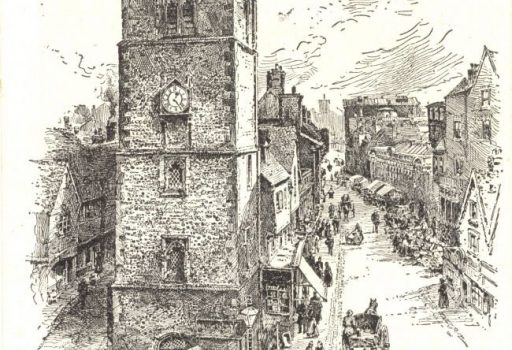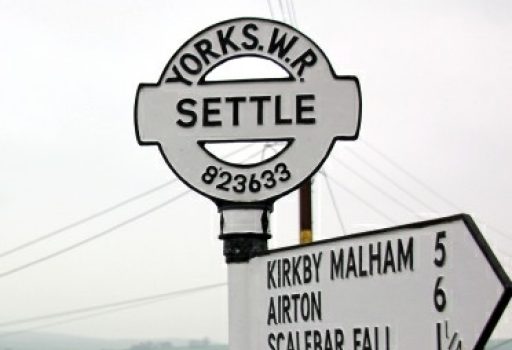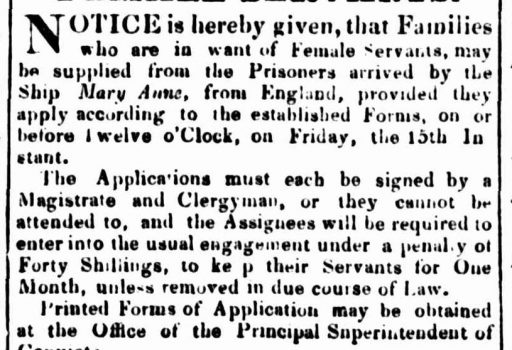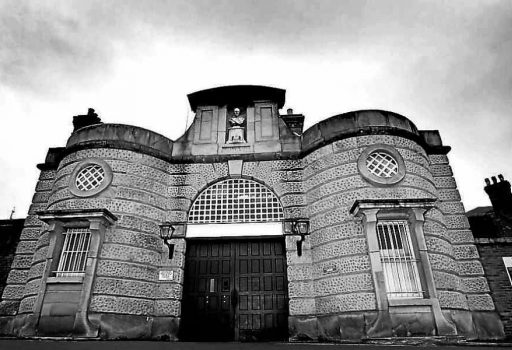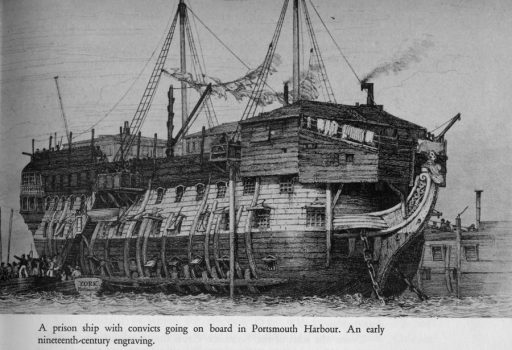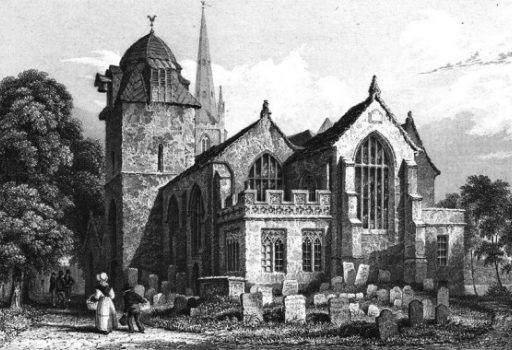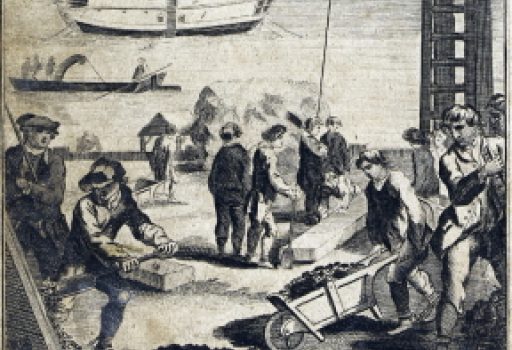On 2 May 1774, a ship called the Chance sailed from the Port of London to Virginia. On board were two women from Somerset, dairymaid MARY PETHER and spinster MARGARET MOORE. Both were 21 years old. They formed part of a cargo of 73 indentured servants off to work in colonial America. By age and gender – mostly men, most in their teens or twenties – this group resembled the refugee boats crossing the eastern Mediterranean in recent years. And they were also, most probably, desperate in their transit. Signing up as an indentured servant may have brought a cash bounty, but it also required back-breaking work for a fixed term of several years, during which a servant could be bought or sold by their master. If they got sick and unable to work, they would be abandoned. Most such servants did not survive their term of indenture. Perhaps Mary and Margaret didn’t know what they were signing up for. Or maybe they did, but still viewed such conditions as preferable to life back in Somerset. Today’s emigrants often flee war. These 18th century migrants were about to be plunged into the American Revolution. So there are many similarities between the experience of exile then and today. But one thing was certainly different. In 1774, the Port of London kept neat record of everyone who left. Below you can read Mary’s name, alongside some of her travelling companions.
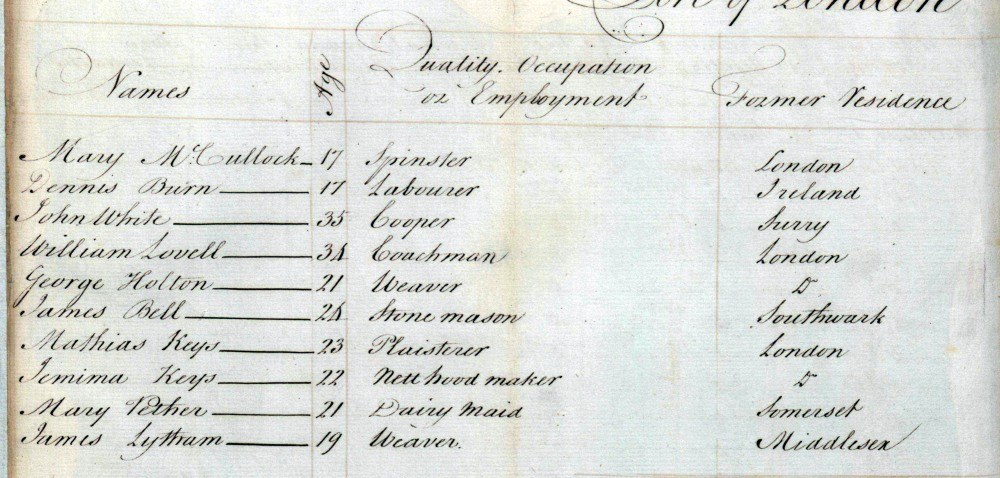
On 8th April 1821, ROBERT SAUNDERS was convicted at the Somerset Quarter Sessions in Yeovil of stealing chickens. For this crime, he was sentenced to seven years transportation, arriving in Tasmania on 27 July 1821. Then nearly forty, he left behind a wife and two children, plus many other relations for he had come from a family of sixteen. Fifteen years later, now free, he married Ann Clancy in Longford, Tasmania. They were married for 53 years, for much of which Robert served as sexton of his local church. He died at the age of 107. ‘He was sensible up to the last, and only a few days prior to his death he bought his usual quantity of groceries from the shop and carried the parcel home with his own hand.’
THOMAS BARRETT was a farm labourer, born in Yeovil, where he lived with his wife Elizabeth and five children. On 3 April 1841, aged 42, he was sentenced to 15 years transportation for housebreaking and forgery. He can’t have been a hardened criminal for his gaol report described his ‘good character’, his hulk report (from the floating prison hulk where he was held prior to exile) was ‘good’, and the ship surgeon talked of his ‘good general conduct.’ Barrett arrived on 4 October 1841 in Tasmania. He died three weeks later on 28 October.
HENRY EARLE and WILLIAM RICHARDS got involved in a riot in Yeovil to support the Reform Bill on 21 October 1831. For this they were sentenced to death, which was commuted to transportation for life at Taunton Assizes in April 1832.
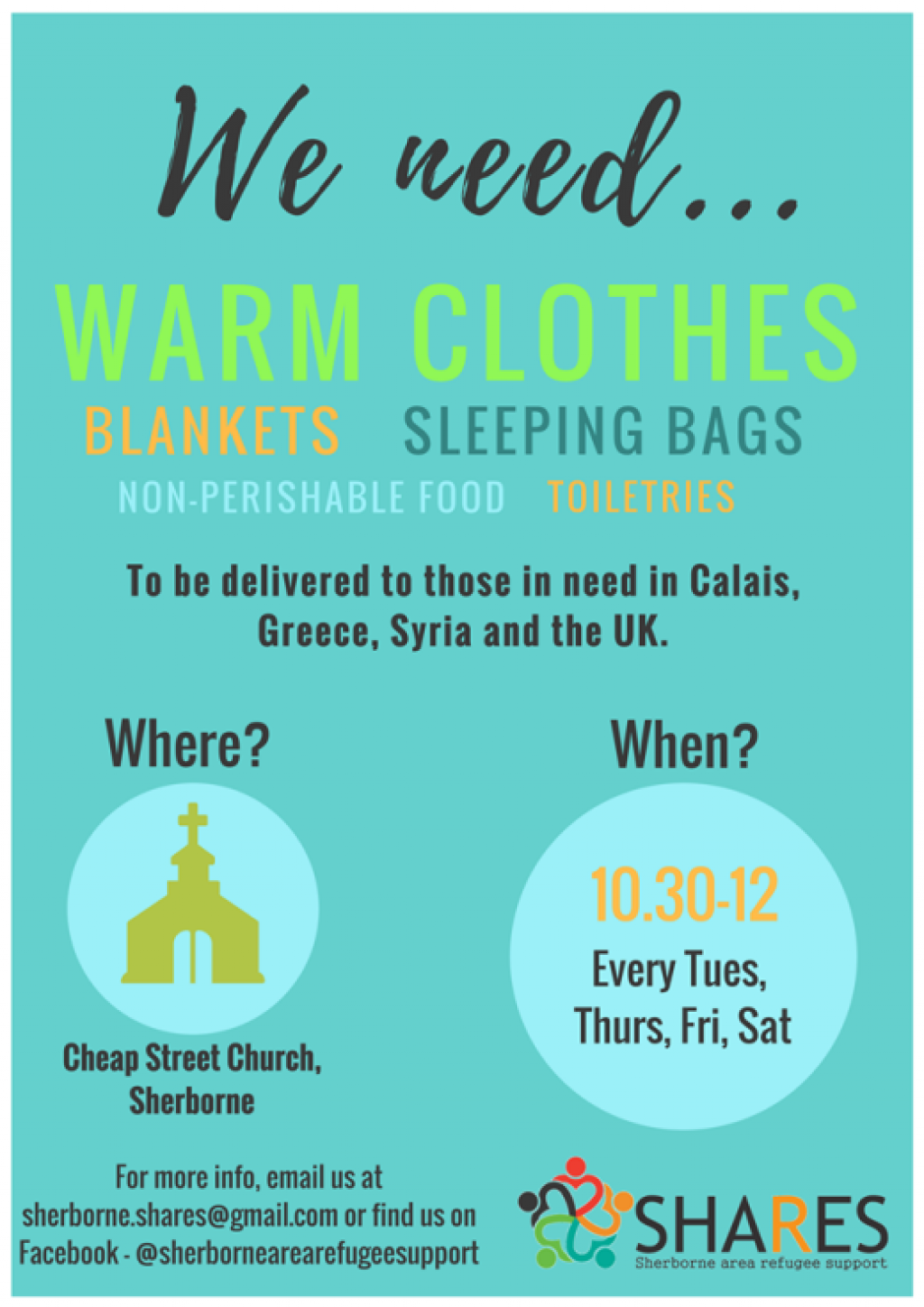
Our partners in action
Sherborne Area Refugee Support (SHARES) works to find accommodation for refugee families coming to the local area under the Government's VPRS scheme. Once these families arrive, it seeks to welcome them and provide befriending and ESOL support. SHARES also collects aid for refugees living further afield.
Together with Refugee Aid From Taunton (RAFT), volunteers collect blankets, warm clothing, toiletries, toys and food for children and adults in camps in Lebanon and also in Iraq, Jordan and Greece, and sends aid directly to Syria via Anaya Aid.
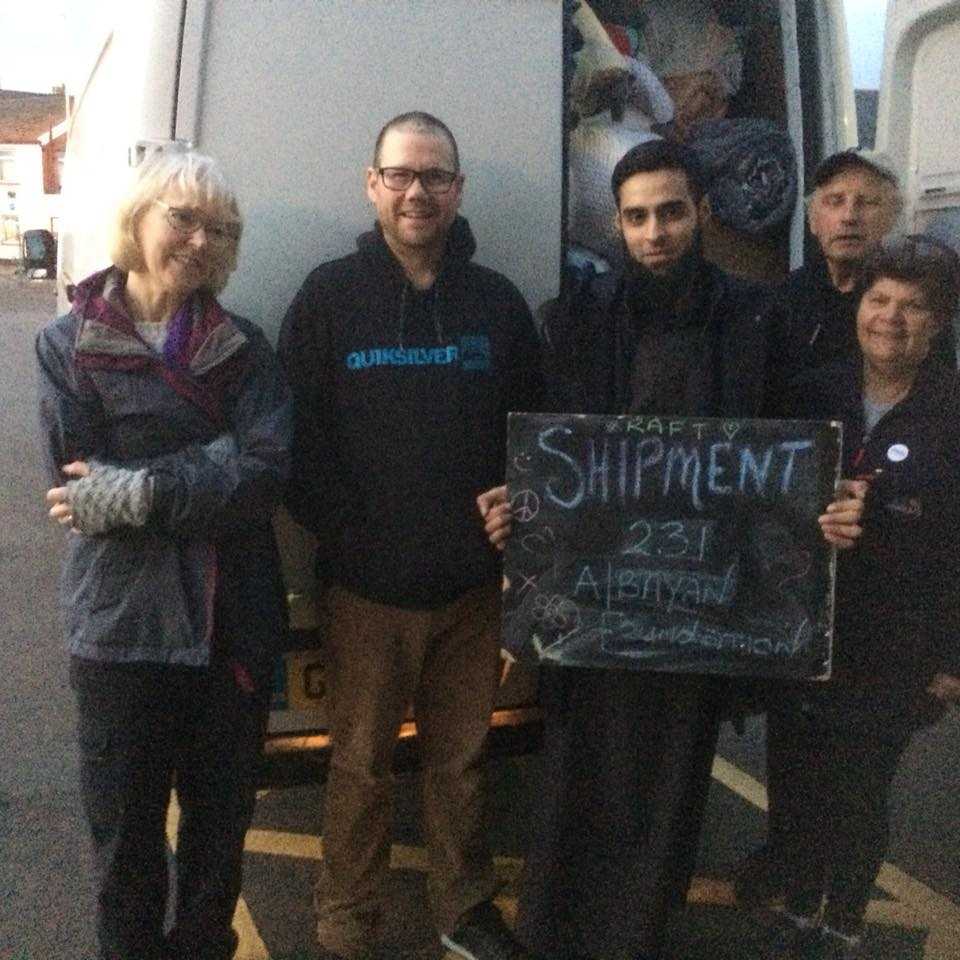
During WW1 over 250,000 BELGIAN NATIONALS came to the UK, refugees from the German Army’s advance through Belgium. The War Refugees Committee (WRC) appealed for accommodation and support.They received 100,000 offers within two weeks. Somerset, like every county in Britain, received significant numbers of Belgian refugees. Yeovil provided homes for 250 individuals and families, who arrived during October 1914. Smaller communities also took their share. The village of Baltonsborough near Glastonbury, decided to offer hospitality to one family. One resident lent a house rent free; others lent furniture, house linen crockery etc; and sufficient weekly subscriptions were promised to provide maintenance in food and clothing. The first family received, father, mother, and five small sons stayed six months; but the man, who was a waiter, not being strong enough for agricultural work, and being unable to obtain work locally at his own calling, they returned to London, and a second family took their place. This family of father, mother and nine children the eldest only thirteen, had been land workers in their own country, and quickly adapted themselves to their new conditions. They were still in the village at Midsummer 1918 but had been self-supporting for nearly two years, the family having increased meanwhile by the birth of another son and daughter. Read more.
